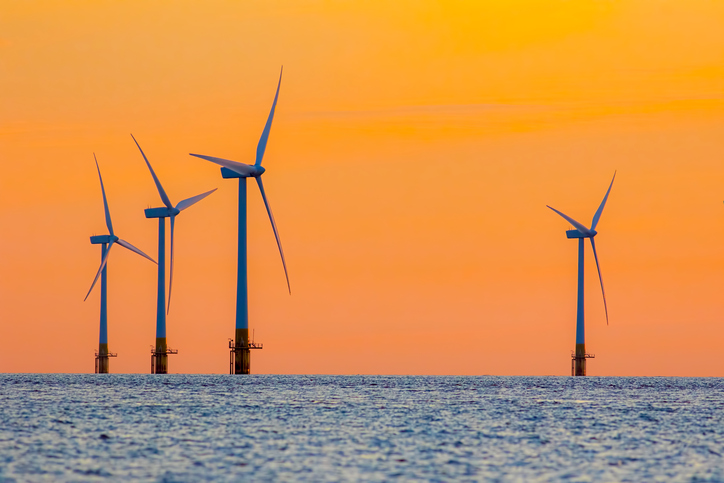Traditional utilities are struggling with the pace of the energy transition more than most and must adapt quicker, or risk being left behind.
That was the view of a panel of industry experts at last week’s FT Energy Transition Strategies event, with Kings Policy Institute chair Nick Butler arguing that the level of change seen within the power sector so far is “just the beginning”.
Butler mentioned a report from management consultancy McKinsey, published in May this year, which analysed the “below average” returns the top 50 publicly-listed utilities provided to shareholders between 2007 and 2017.
The report found that those based in Asia, Europe and North America noted total cumulative returns of around 1% in that time – compared to an average return of 55% on the MSCI World Index – despite a “sharp growth” in global electricity demand.
McKinsey concluded in May that utilities with a high exposure to merchant revenues suffered the most, while the collapse of conventional generation and the rise of distributed power had eroded profits, particularly in Europe and the US.
Butler said such returns were “not sustainable” in the long term, and that utilities would have to adapt as the energy supply “moved from an age of scarcity to an age of plenty”, noting in particular the effect a greater penetration of distributed, renewable generation had incurred on global networks.
“Take the UK as a small example. We’ve had some economic growth… but energy demand is down 17% over that period. The market structure is changing and the sharp edge of that is the utilities.
“They [utilities] are being deeply disrupted by distributed supply, by subsidised renewables which make old capital stock uneconomic. Their business model is having to change, and some are doing better than others,” Butler said.
His view was reinforced by Centrica chief executive Iain Conn, who spoke at length about his company’s evolution. He said that Centrica, which has seen its share price slide more than 62% from a five-year high of 402.20p on 20 September 2013 to 152.25p today, was half-way through a six-year transformation as it looked to ditch centralised generation and narrow in on energy services.
But if utilities thought that they had already borne the brunt of change in the sector, Butler remained convinced they hadn’t, in fact, seen anything yet. “I think this is just the beginning of a change across the energy sector where big data, knowledge of the market customer and the balance of supply exceeding demand is going to change a sector that has looked secure for the last half century. It’s going to look very different in 10 years’ time,” he said.





